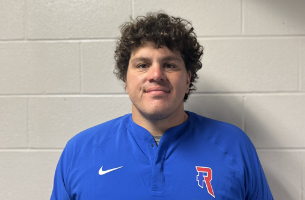INDIANAPOLIS--The IU School of Medicine has received money that could help them better treat a congenital heart defect in babies.
It’s called coarctation of the aorta. When this happens, there is a narrowing of the aorta that obstructs blood flow to vital organs. Doctors and researchers think it could develop by itself or in combination with other heart defects.
“Critical coarctation of the aorta is immediately life-threatening and treatment currently requires cardiothoracic surgery that is invasive and technically challenging,” said Benjamin Landis, MD, assistant professor of pediatrics in the Division of Pediatric Cardiology. “Perioperative complications may have longstanding repercussions on the child’s ability to thrive and develop normally. There is also evidence that even an excellent surgical repair does not cure the patient of long-term cardiovascular risks.”
The IU School of Medicine has received a Department of Defense Discovery Award of $200,000 to study it.
Landis and his collaborator Yunlong Liu, PhD, who is the director of the IU Center for Computational Biology & Bioinformatics, plan to use single-cell RNA sequencing of aortic tissues that are removed during cardiothoracic surgery of infants with severe coarctation of the aorta to learn more about the cells that make up the defect. They hope that could ultimately lead to new medical treatment options instead of surgery.
“Single-cell RNA sequencing is a technology that can measure gene expression levels in each individual cell. This process is well-suited for studying coarctation, which often has a complex geometrical structure and contains multiple different types of cells in the tissue,” said Landis.
Landis said this project will be the first of its kind to perform single-cell RNA sequencing in patients with coarctation of the aorta.
















